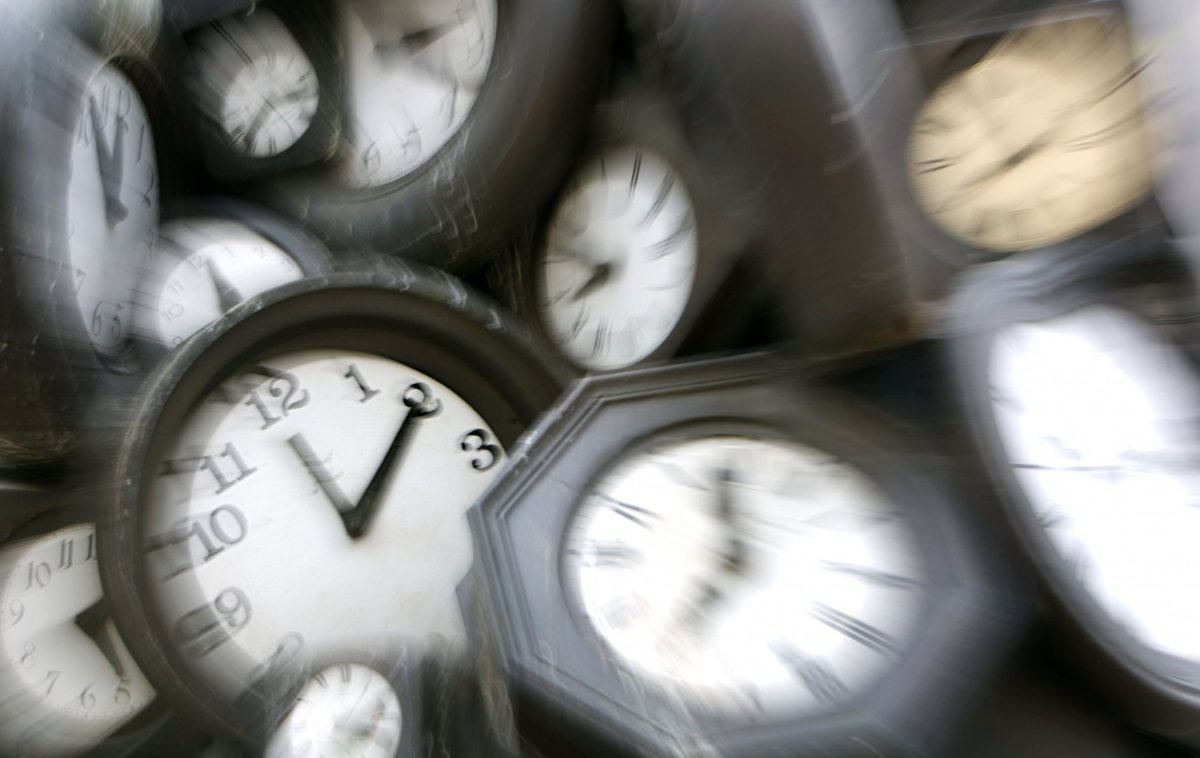Those who wake up early have probably noticed that the sun has been rising later and later in the morning, and fewer birds have been chirping because they've all flown south for the winter. As fall proceeds and winter approaches, the amount of daylight gets smaller each day until the winter solstice, the day with the shortest amount of daylight in of the year.
In November, the clocks fall back an hour to end Daylight Saving Time. Setting the clocks back helps make the hours of daylight line up better with the hours when people are actually awake.
On Friday, in many cities across the United States, the sun rose after 7 a.m. In New York, the sun rose at 7:11 a.m. EDT, according to Time and Date. The end of Daylight Saving Time is scheduled for November 4 this year. It's always the first Sunday in November.
On November 3, the day before Daylight Saving Time ends, the sun will rise at 7:28 a.m. EDT in New York. But on November 4, after Daylight Saving Time has ended and the clocks are set back, the sun will rise at 6:29 a.m. EDT.
The sun will then start rising later again, and by December 1, New Yorkers will be back to the days of 7 a.m. sun rises. The sun will continue to rise later until the winter solstice, on December 21, when the sun will rise in New York around 7:20 a.m., give or take a few minutes—the latest sunrise will occur in 2018, according to Time and Date. From there, sunrise will stall until it begins rising earlier.
In the United Kingdom, the clocks actually go back in October, marking the end of British Summer Time. The clocks go back one hour on the morning of October 28 this year at 2 a.m. in the U.K., where British Summer Time is observed.
In the United States, Daylight Saving Time always begins on the second Sunday in March and ends on the first Sunday in November. Though first introduced in 1918, the laws around Daylight Saving Time were actually changed in 2007 to make it longer than it had been previously.
Some places in the U.S. don't observe Daylight Saving Time. These include Hawaii, American Samoa, Guam, Puerto Rico, the U.S. Virgin Islands and Arizona, according to the National Institute of Standards and Technology, a part of the U.S. Department of Commerce.

Uncommon Knowledge
Newsweek is committed to challenging conventional wisdom and finding connections in the search for common ground.
Newsweek is committed to challenging conventional wisdom and finding connections in the search for common ground.
About the writer
Nina was a breaking news reporter. She previously worked at Business Insider, The Boston Globe, and Boston.com.
To read how Newsweek uses AI as a newsroom tool, Click here.








